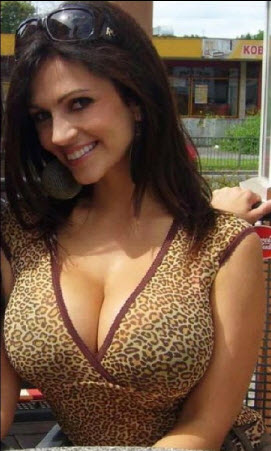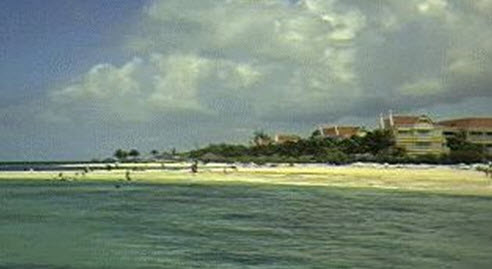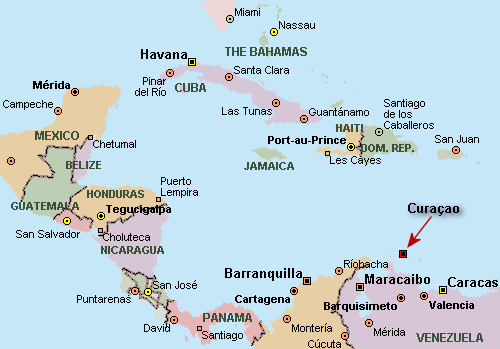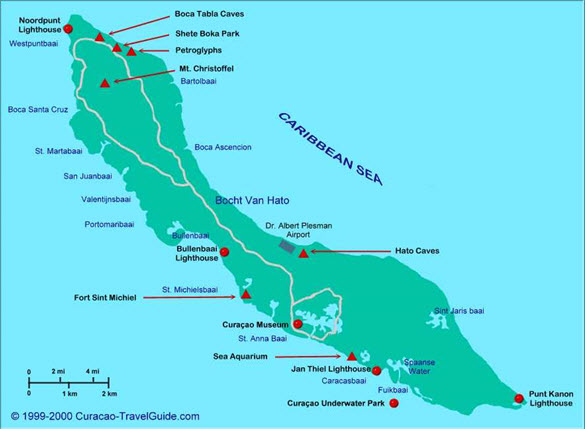USS MULLINNIX DD-944

|
Curacao 1972
|

|

Curacao
Curacao is located in the southwestern Caribbean, approximately 45 miles north of South America. The island is 171 square miles in size with 40 to 50 different nationalities making up the population of over 170,000. Like Bonaire, Curacao is arid due to a very limited annual rain fall, and lies outside the “hurricane belt”. Its highest elevation is 1240 ft. at Mt Christoffel, where on a clear day, you can see Bonaire.
Curacao became part of the Netherlands in 1642. The Dutch settlers architecture is clearly visible, but verandas, porches, and shutters have changed the architectural theme over time, to better express the Caribbean climate and location. In 1983 the Curacao Underwater Park was established and has over 40 boat mooring buoys. Curacao is also well known for its beautiful casino's. English, Dutch, Spanish and Papiamentu languages are spoken here.
Curacao's capital city of Willemstad became the seat of the autonomous Netherlands Antilles government in 1954. The Dutch Guilder (NAfl) is the official currency, with the US Dollar accepted everywhere.


Does anyone have some REAL (Sailor) pictures?
WILLEMSTAD, Curacao - Night descends on La Mirage, lending a military quality to the well-guarded compound by dimming the pink and yellow hues of its barracks-like dwellings - Curacao's only legal brothel. Through open doorways, revealingly dressed women beckon.
At a gate in the fence, customers pay a small cover fee, submit to a frisking and enter what for many is there first visit to legal prostitution. Upon entering, sailors survey the compound's central plaza and its dominant feature, a gray cement bar where drinks are dispensed at a leisurely pace.
The compound was started by the government a half-century ago for the foreigners who worked in Curacao's oil refineries. Curacao is part of the Netherlands, where prostitution is legal. Prostitution is also legal on a few other Caribbean islands with a connection to the Netherlands, such as Aruba and St. Maarten. Those places offer a few "houses of pleasure" with bars and some rooms, but nothing on the scale of La Mirage.
People on this overwhelmingly Roman Catholic island of 160,000 people seem to take La Mirage in stride, perhaps because it is discreetly tucked away near the airport at a distance from the quaint Punda district with its colorful Dutch buildings and ornate governor's mansion.
The working girls come from Venezuela, Brazil, the Dominican Republic, Colombia, and Ecuador.
Leaning against the bar, one of the girls prods her first prospect. He buys her a gin and tonic, but the real deal proves elusive. A little more talk, a peck on the cheek, a wish of good luck, and she walks away…
__________
Legal Brothel Lures Poor Women to Curacao
By Dan Perry
The Associated Press
21May, 2000
WILLEMSTAD, Curacao - Night descends on La Mirage, lending a military quality to the well-guarded compound by dimming the pink and yellow hues of its barracks-like dwellings - Curacao's only legal brothel. Through open doorways, revealingly dressed women beckon.
One is newly arrived "Tatiana," a trim, brown-haired 29-year-old who used to sell makeup in Colombia, scratching out a living with a boyfriend and their little son.
When she heard of this opportunity in Curacao - a Dutch Caribbean outpost where prostitution is legal, imported and efficient - the idea first startled, then enticed.
"I decided business is business," she says, surveying the compound's central plaza and its dominant feature, a gray cement bar where drinks are dispensed at a leisurely pace. Her colleagues mingle with the prospects - locals, Europeans, Americans.
At a gate in the fence, customers pay a small cover fee, submit to a frisking and enter what for many is the disorientation of legal prostitution.
The compound was started by the government a half-century ago for the foreigners who worked in Curacao's oil refineries. Curacao is part of the Netherlands, where prostitution is legal - as it is, with some restrictions, in a few other places such as Denmark, Singapore and some counties in Nevada.
Prostitution is also legal on a few other Caribbean islands with a connection to the Netherlands, such as Aruba and St. Maarten. Those places offer a few "houses of pleasure" with bars and some rooms, but nothing on the scale of La Mirage.
Manager Alexander Bakhuis' grandfather came from Holland to run La Mirage, and his family soon took over ownership.
The compound is a monopoly and Ramon Penzo, assistant to the lieutenant governor of Curacao, says that's how it will stay. "It is not the type of business that we would want to promote," he says.
People on this overwhelmingly Roman Catholic Island of 160,000 people seem to take La Mirage in stride, perhaps because it is discreetly tucked away near the airport at a distance from the quaint Punda district with its colorful Dutch buildings and ornate governor's mansion.
After 10 days here, Tatiana - the distinctly non-Colombian name she gives - says she averages eight clients and $160 daily. From that she deducts $60 a day for rent and food. La Mirage pays for rides downtown, frequent medical checkups and security.
Tatiana hopes to save more than $3,000 a month - 150 times her income back home. Her three-month work permit could mean a nest egg for starting a liquor store in Colombia, with plenty left over.
She says she told her mother about her Curacao venture, but took no chances with her boyfriend. "He thinks I am selling shoes at a shopping center. It's better."
Bakhuis says he's providing a service for the island, its tourists and the women as well.
"I don't have to advertise. There are many girls who want to come. They write us a letter. We get them papers. When the girls go home, they spend their money and tell their girlfriends," he says.
Bakhuis rejects few applicants. "I try to have every size and every style," he says.
Current prostitutes come from Venezuela, Brazil, the Dominican Republic and Colombia, Bakhuis said. "Next week our first girls from Ecuador will be coming in."
He has plans for a more ambitious bar and a restaurant.
For Tatiana, the existing bar, however uninspiring, must suffice. Leaning against it, she prods her first prospect. He buys her a gin and tonic, but the real deal proves elusive. A little more talk, a peck on the cheek, a wish of good luck, and she walks away.
Back to Liberty Call
Back to Ship Company
Home
© 2011 by Frank Wood, All rights reserved







